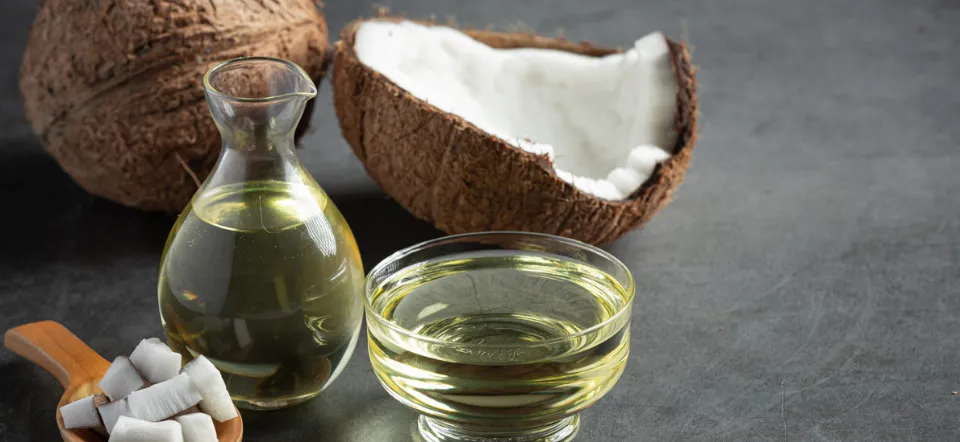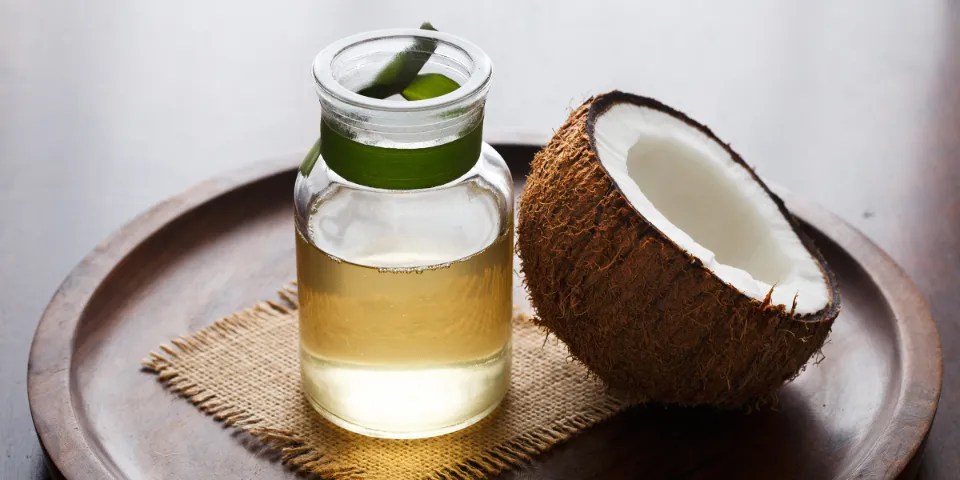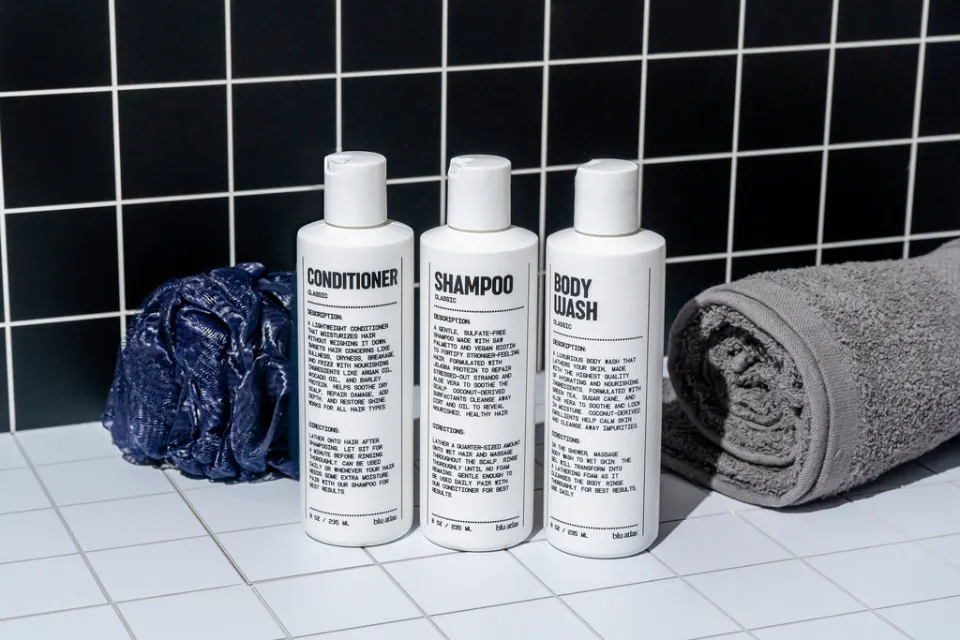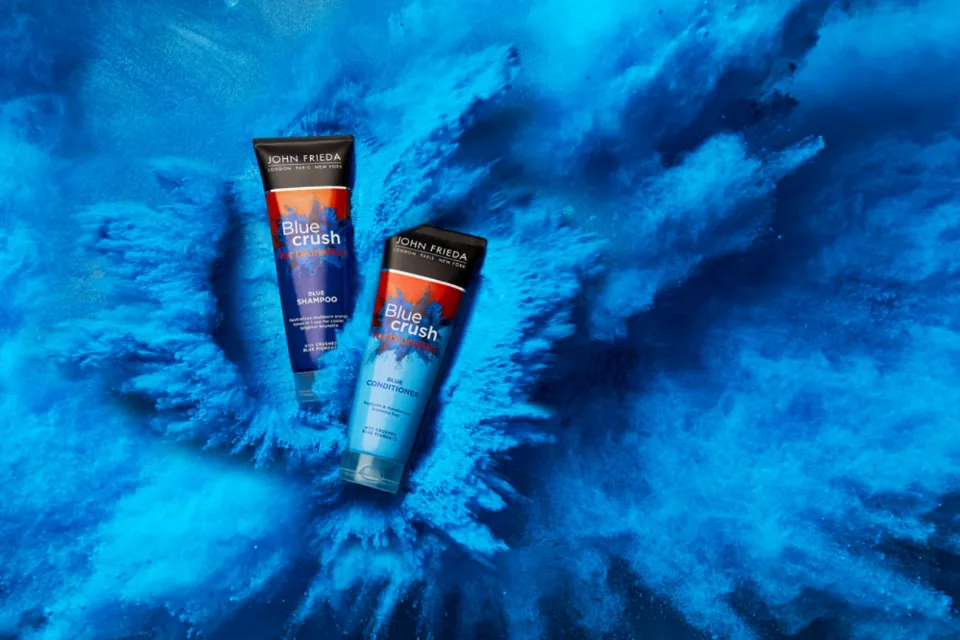When extra skin cells slough off the scalp, dandruff develops. White flakes that they see in their hair or on their clothes are what some people perceive them to be. Does coconut oil help dandruff?
Coconut oil is considered an all-inclusive alternative skin care product. Moisture is at its core, which makes this oil appealing for dry skin conditions. This may include dandruff.
Is coconut oil a potent anti-dandruff natural treatment? Keep reading to find out.
Does Coconut Oil Help Dandruff?
Coconut oil is enriched with essential vitamins Lauric acid, capric acid, proteins, vitamins E and K, etc. The deep moisturizing, hydrating, and conditioning effect it provides is easily absorbed into the hair shafts and scalp.
Coconut oil has antimicrobial and antifungal properties. These qualities may be useful in dandruff prevention and reduction. The cells of the fungi can be broken down by virgin coconut oil, which can pass through the hair shaft. Dandruff may be completely avoided by doing this.
It also repairs and prevents split ends, hair damage, hair loss, and baldness. The natural pigment in hair color is enhanced by coconut oil. Additionally, it functions as a conditioner to keep your hair moisturized.

One of the things that causes dandruff is a dry scalp. Dry scalp can be moisturized and kept free of dandruff by applying coconut oil.
Coconut oil can lessen hair protein loss, according to a study. Your hair is largely composed of protein. Your hair will become stronger if you lower the protein loss.
Also Read: Does Dandruff Cause Hair Loss?
How to Use Coconut Oil to Treat Dandruff?
There really isn’t a wrong way to add coconut oil to your hair care routine as long as you’re getting to the root of the issue (the scalp) and cleaning it out when you’re done conditioning since extra oil isn’t going to help the situation.
To treat dandruff at home, massage one or two tablespoons of coconut oil into your scalp and leave it on for up to an hour.
Rinse it out with mild shampoo after giving this anti-dandruff treatment some time to sink in. Two times a week, repeat this process.

A carrier that can act as a vehicle for essential oils and deliver them to your skin at the proper concentration is coconut oil, which you might want to experiment with. Several of these oils, including eucalyptus oil, lemongrass oil, and tea tree oil, have demonstrated promise in the treatment of dandruff.
Some of them might be helpful because they moisturize dry skin, while others have antibacterial or antifungal qualities that can deal with the underlying issue. You’ll get more potent effects if you combine them with coconut oil in your twice-weekly treatment.
Side Effects of Coconut Oil
Since coconut oil is a natural product, there’s an assumption that it’s safe for your skin.
While some users respond positively to coconut oil for their dandruff, these products still carry a slight risk of side effects. The oil might be too strong for your skin and result in rashes if you have sensitive skin or eczema.
Check your skin for any sensitivities before applying coconut oil to your scalp. You can check for reactions by rubbing a small amount on your arm. Hives, rashes, and itching are a few of these.
You should wait at least a full day to see if any side effects occur because some reactions might not manifest for several hours after taking them.
Seborrheic dermatitis is a common underlying cause of dandruff in many people. The dandruff in these situations is oily and thick. Applying coconut oil might unintentionally aggravate your seborrheic dermatitis by causing your scalp to become even more oily.
If you experience widespread rashes and hives after using coconut oil, contact your doctor right away. Any symptoms that come along with breathing problems may indicate an allergic reaction and necessitate immediate medical attention.
You Might Also Like:
Conclusion: Does Coconut Oil Help Dandruff
One of the most prevalent issues that most people deal with is dandruff.
The jury is still out when it comes to the potential efficacy of coconut oil for dandruff. If you also have dandruff and extremely dry skin, it might work best for you. In people with seborrheic dermatitis, applying oils to the scalp may aggravate their condition.
See your doctor about the underlying cause of your dandruff before treatment. You will then be aware of the appropriate products to use, such as coconut oil. Also, if you don’t see any results after several applications, you should visit your dermatologist.
Read More: Can Stress Cause Dandruff?
FAQs
How to Use Coconut Oil for Dry Scalp?
Start by applying 1 to 2 tablespoons of coconut oil, then rub it in gently. About an hour after using, shampoo your hair thoroughly and rinse all the oil from your scalp.
Does Coconut Oil Increase Dandruff?
Coconut oil may make your scalp even oilier and exacerbate dandruff if seborrheic dermatitis is the cause of your flakes.
Which Oil is Best for Dandruff?
Tea tree oil, coconut oil, neem oil, olive oil, castor oil, jojoba oil, argan oil, lavender oil, rosemary oil, and peppermint oil are a few oils that can help to lessen dandruff by soothing and moisturizing the scalp.




